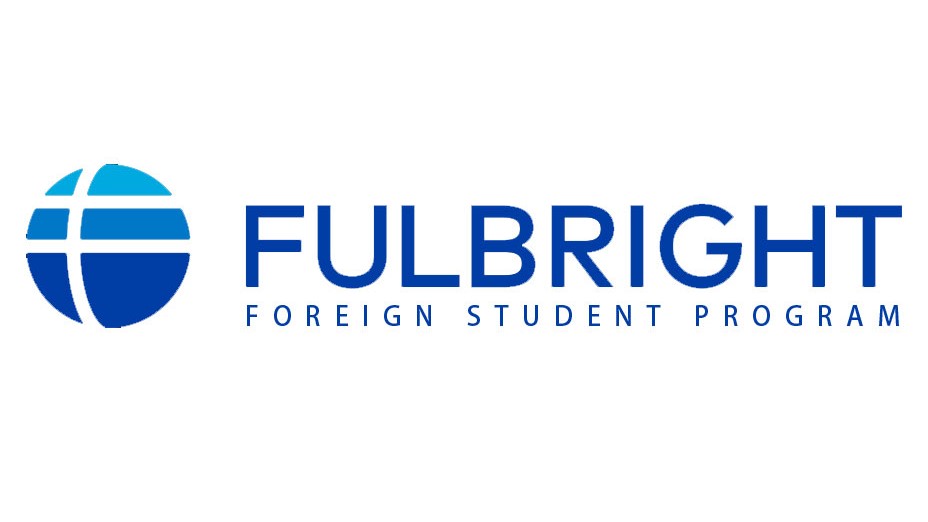Graduate school is an intensive educational experience that also requires significant financial resources. Fellowships are merit-based awards that help fund graduate students by providing tuition assistance or stipends that can be used for living expenses. Many fellowship opportunities are available for outstanding graduate students to help make their education more affordable.
Competing for Fellowships
The most prestigious and lucrative fellowships are highly competitive. They seek to attract top students in their fields and may only award a handful of grants each year. To maximize your chances of being awarded a fellowship, focus on the following:
Academics—Maintain an excellent grade point average and select a graduate program at a highly-ranked university. Strong past academic performance shows potential funders that you are capable of high achievement.
Research Experience – Pursue research opportunities as an undergraduate such as working in a professor’s lab. Publish papers or present work at conferences if possible. Fellowships reward those who have demonstrated their research abilities already.
Personal Statement – Craft a compelling personal statement highlighting your academic interests, career goals, and how the fellowship will help achieve them. Emphasize any aspects that set you apart such as diversity of experience or overcoming obstacles.
Recommendation Letters – Choose recommenders, like undergraduate professors, who can enthusiastically endorse your qualifications and abilities. Request letters with sufficient lead time.
Standardized Tests – Perform well on exams like the GRE, GMAT or MCAT depending on your field of study. Superior scores demonstrate intellectual horsepower.
Finding Funding Sources
There are fellowships tailored towards specific academic disciplines, background experiences, and even personal attributes. Start your search by asking graduate advisors and professors for recommendations based on your profile. Consider opportunities from:
Federal sponsors like the National Science Foundation Graduate Research Fellowship Program.
Private foundations focused on particular fields or causes.
Corporations looking to cultivate future talent in strategic areas.
University departments and graduate schools offer internal awards.
Foreign government programs for international study experiences.
Diversity-focused non-profits supporting underrepresented groups.
Determine deadlines, which may be over a year before the fellowship period begins, and thoroughly research application requirements. Apply to multiple sources to increase your odds of success.
Fellowship Activities
Fellowships not only provide funding but also professional development opportunities. Look for programs supporting research projects, conference travel, skill-building workshops, and networking events. Participate fully in maximizing learning and take steps like:
Publishing work accomplished under the sponsorship of the fellowship.
Establishing relationships with mentors who can provide career advice and references.
Engaging in leadership roles within fellowship-sponsored communities.
Updating sponsors on academic progress and sharing final dissertation or capstone work.
Maintenance of Award
Recipients of prestigious national awards must often maintain high academic standards throughout their graduate studies. This may involve annual progress reports, minimum GPA requirements, and following an approved course of study. Take the responsibilities of a fellowship seriously to avoid termination of funding.
Award recognition can open professional doors in your field long after graduate school. With careful planning and competitive application materials, fellowships can help launch your graduate education and career ambitions. Outstanding students dedicated to enriching their discipline have the best chance of being selected through these merit-based sources of funding support.
All the best!



